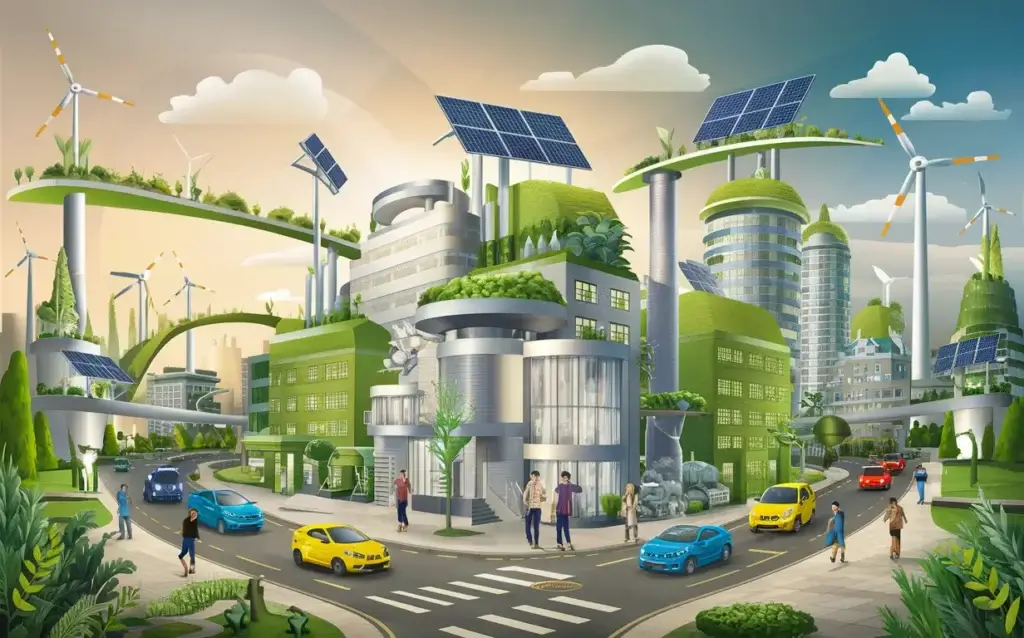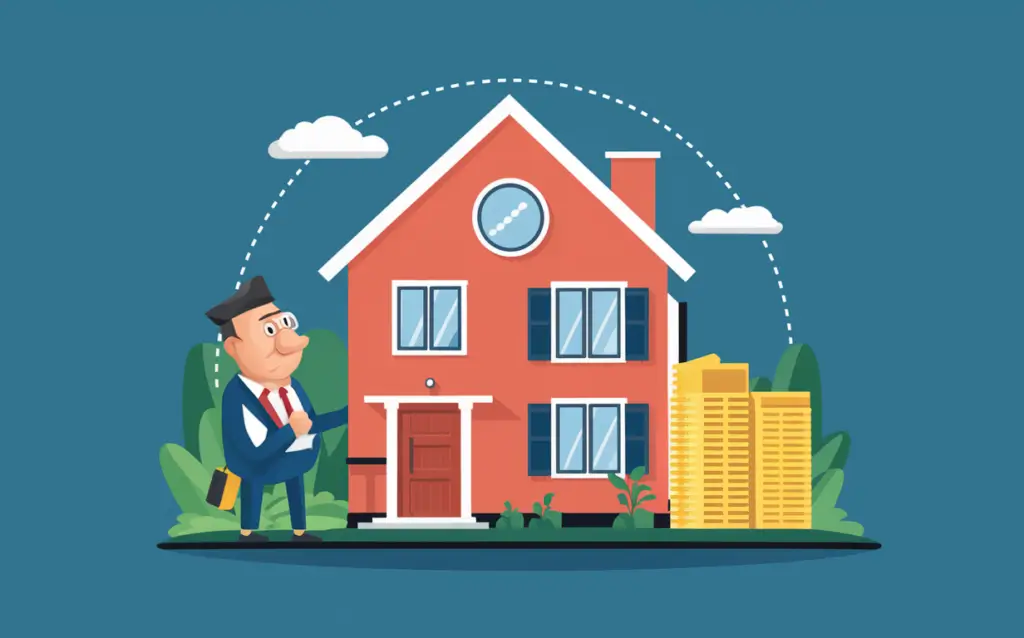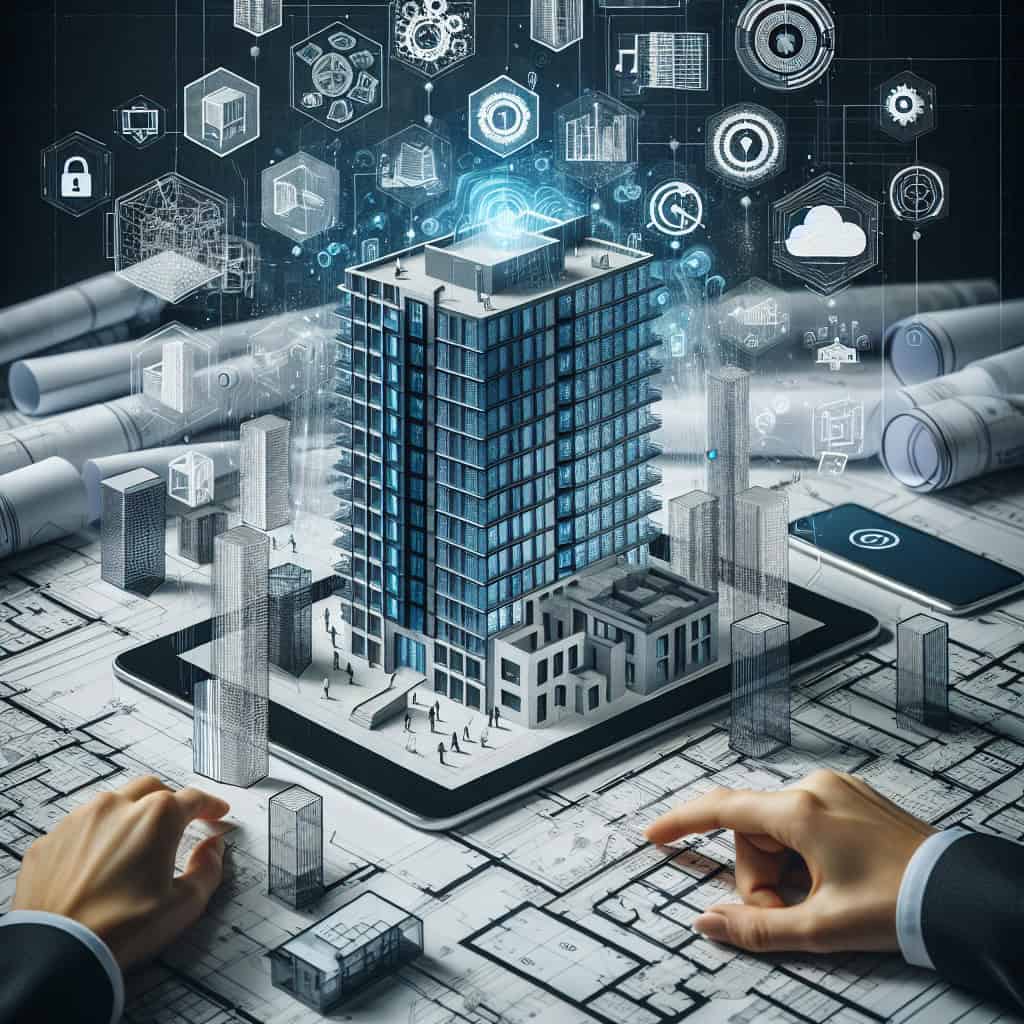Efficiently manage commercial property
The efficient management of commercial properties is a key factor for the sustainable success of property investments. Professional commercial property management ensures the optimal use of the property, maximises rental income and minimises operating costs. It also makes a significant contribution to maintaining and increasing the value of the property in the long term. In a highly competitive market environment, this is of particular importance for investors and owners seeking to optimise their returns. The range of tasks involved in efficient commercial property management covers various areas: [...]
Efficiently manage commercial property Read more »














